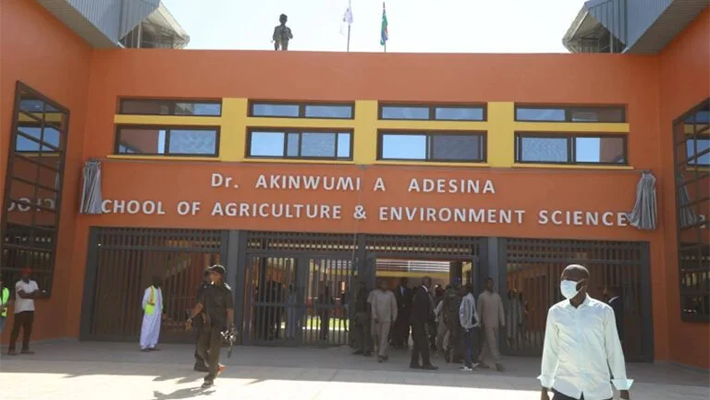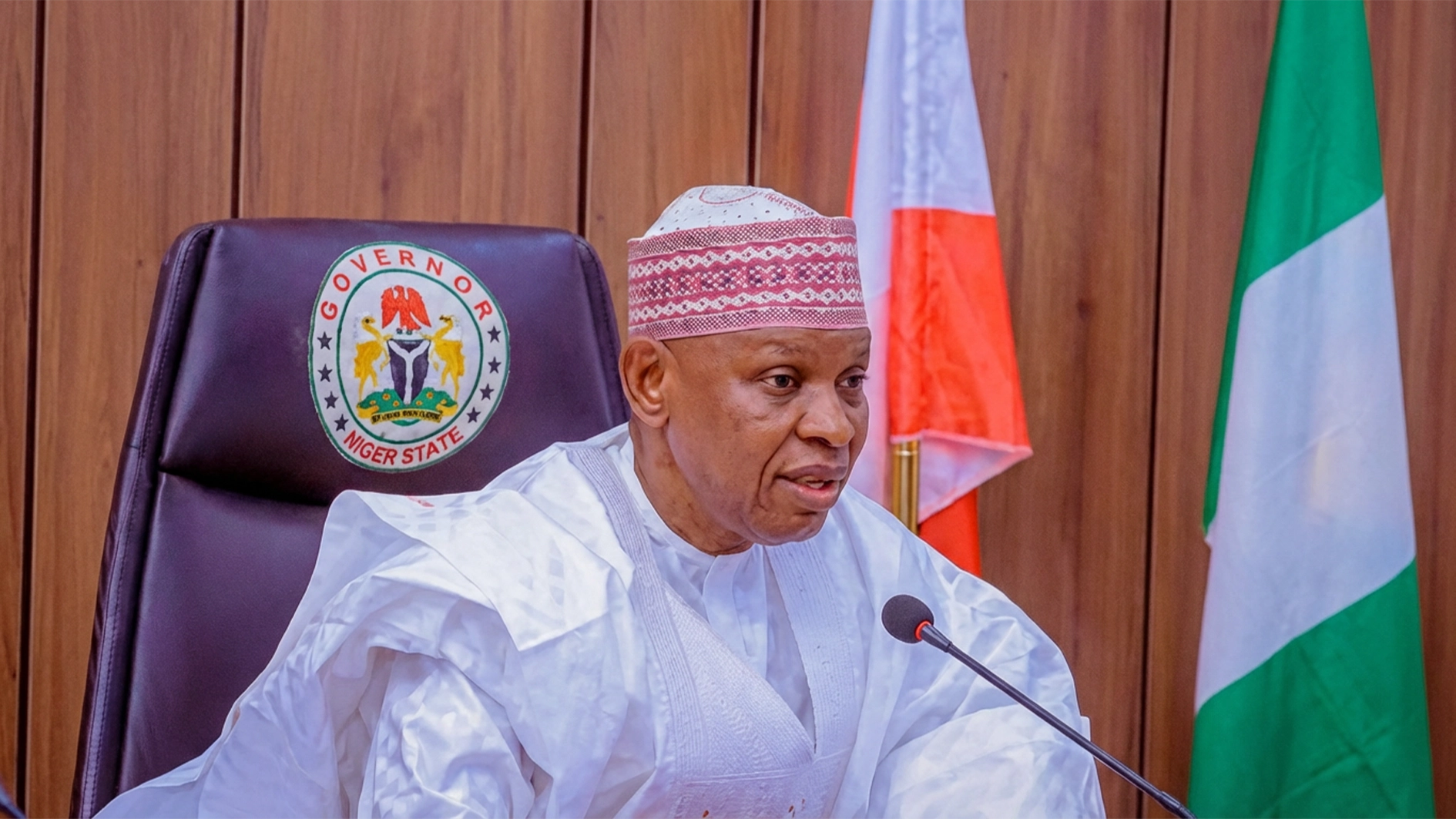• Kalu calls for review of UN funding to strengthen multilateralism
Secretary-General Antonio Guterres is proposing a 15-per cent cut to the United Nations (UN)’s regular budget in 2026 as it struggles with chronic liquidity problems made more acute by U.S. President Donald Trump’s policies.
A senior UN official said the revised budget number was $3.238 billion and would result in the elimination of 2,681 jobs.
They spoke as the Deputy Speaker of the House of Representatives, Benjamin Kalu, called for a review of the United Nations’ (UN) funding structure to promote a more balanced and genuinely multilateral system.
Guterres had earlier proposed to keep the 2026 budget at the same level as 2025, around $3.7 billion, but worked to reduce the amount as part of his UN80 initiative to make the organisation more agile and efficient.
In letters to member states and UN personnel, made public on Tuesday, the UN chief announced, “reductions of more than 15 per cent in the regular budget level,” equivalent to about $500 million, and a 19-per cent cut to the UN workforce covered by that budget.
The impact of cuts will be spread across the UN’s three pillars: peace and security, human rights, and sustainable development, while programmes for least-developed nations will be spared, he said.
“For some colleagues, these changes may mean relocation for themselves and their families. For others, they mean changes in functions or reporting lines. And for some, separation from service,” Guterres wrote.
The changes would include the relocation of at least 200 people from Geneva and New York to less expensive cities like Nairobi, the senior UN official said.
The proposed budget will be put to a vote in the General Assembly before the end of the year.
MEANWHILE, speaking at the 55th Session of the Steering Committee of the Parliamentary Conference on the World Trade Organisation (WTO) at the Inter-Parliamentary Union (IPU) Headquarters in Geneva, Switzerland, Benjamin Kalu reinforced Nigeria’s support for multilateralism and fair, inclusive trade that could boost the country’s economy and global standing.
Presenting Nigeria’s input to the IPU draft resolution, Kalu noted that the current reliance on a few major donor countries allows them to dictate priorities, thereby undermining multilateralism.
He proposed reforms to limit donor dominance, foster equitable decision-making, and strengthen cooperation toward achieving the UN’s Sustainable Development Goals (SDGs).
“Nigeria calls for a review of the current funding structure of the United Nations. The prevailing dependency on a few major donor countries allows these nations to dictate priorities, embodied in the adage “he who pays the piper dictates the tune.”






